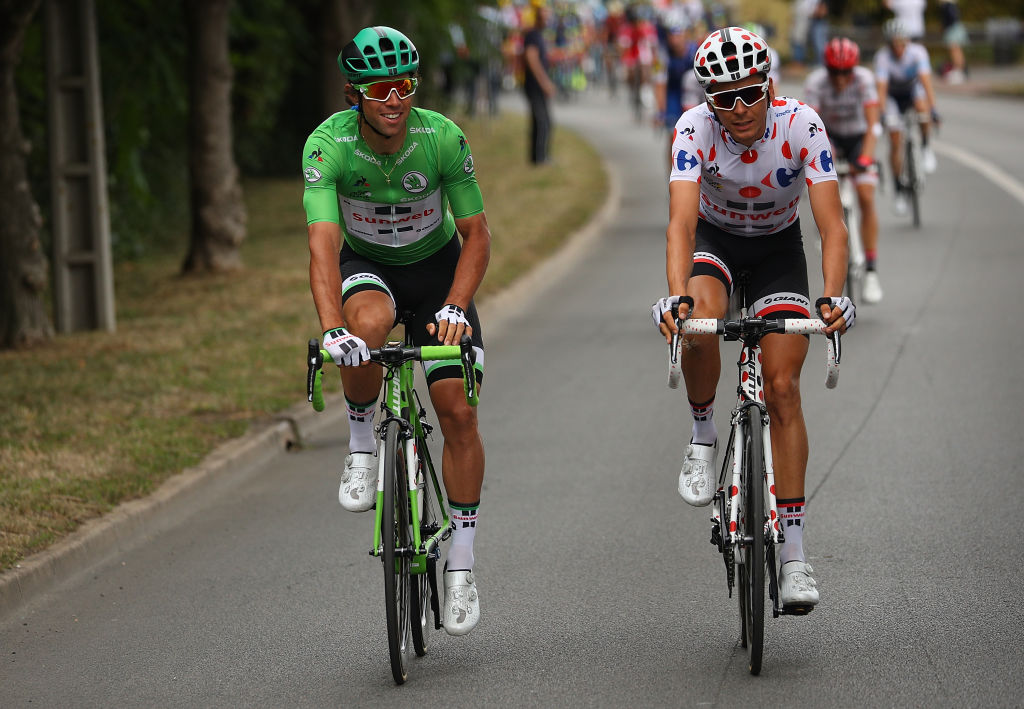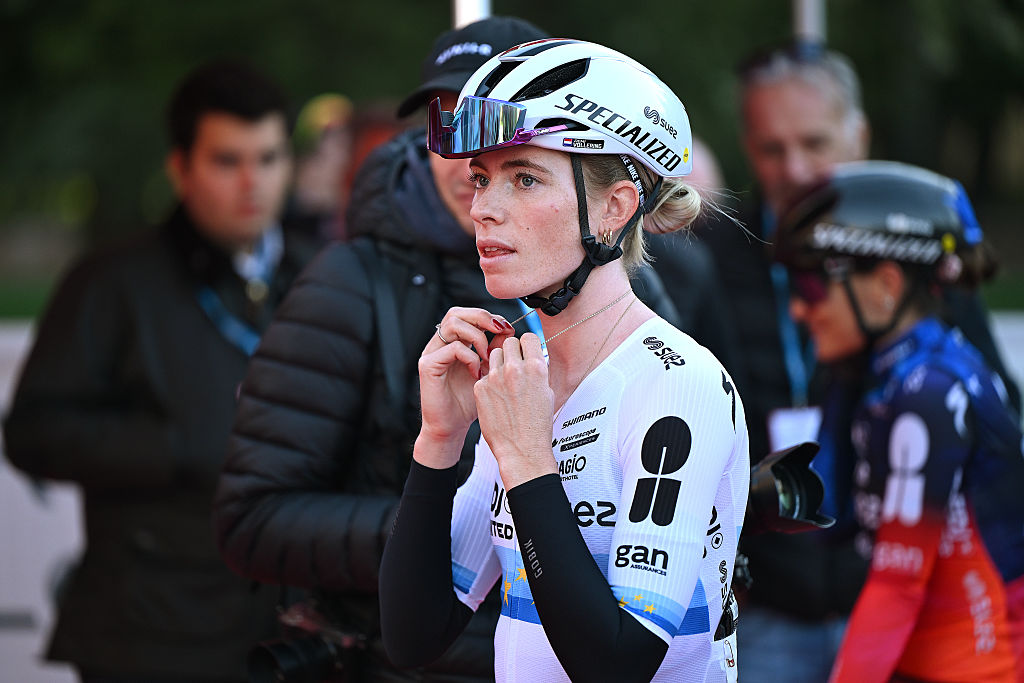Luke Roberts: Sunweb's cool, calm and collected DS
Australian coach and directeur sportif on team success
The latest race content, interviews, features, reviews and expert buying guides, direct to your inbox!
You are now subscribed
Your newsletter sign-up was successful
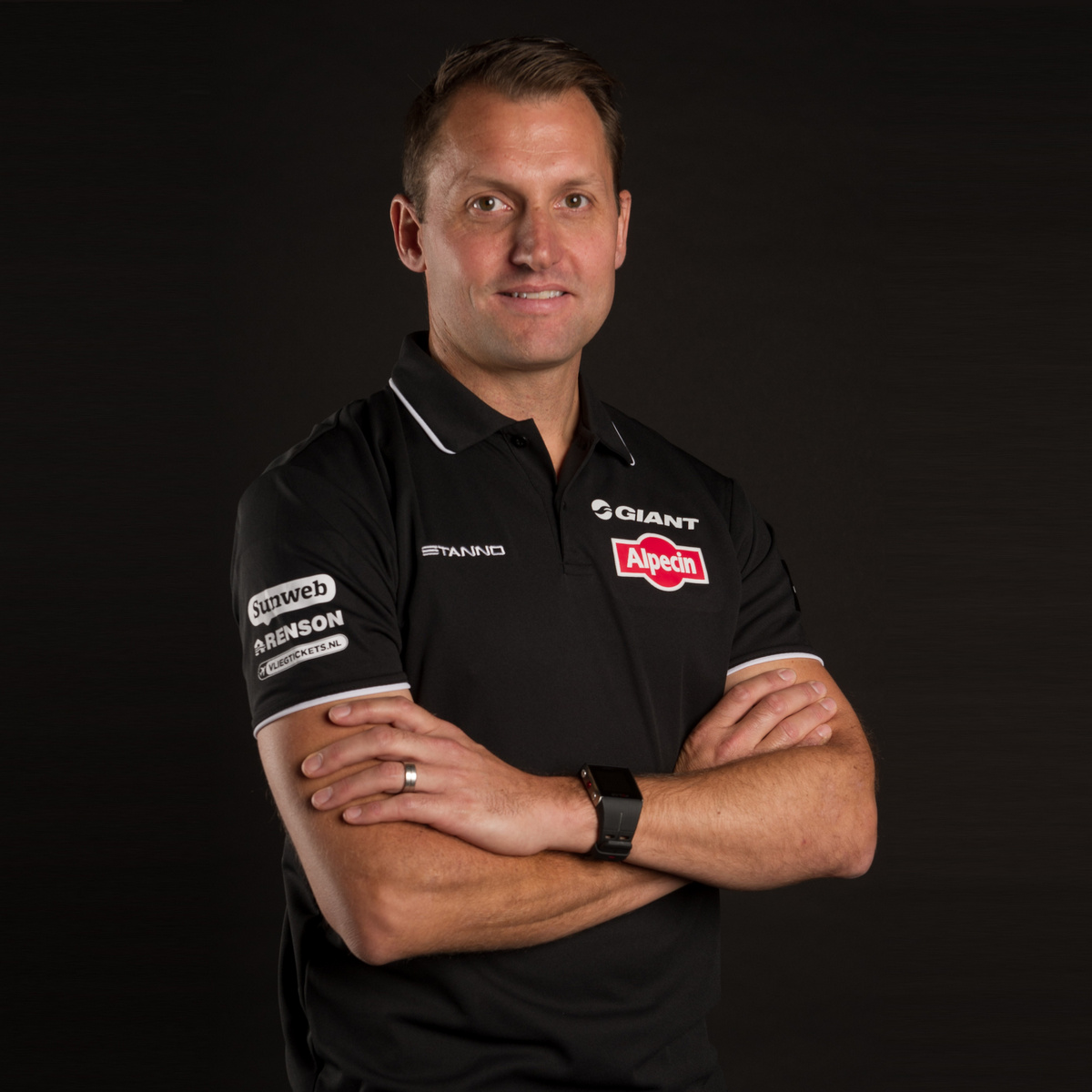
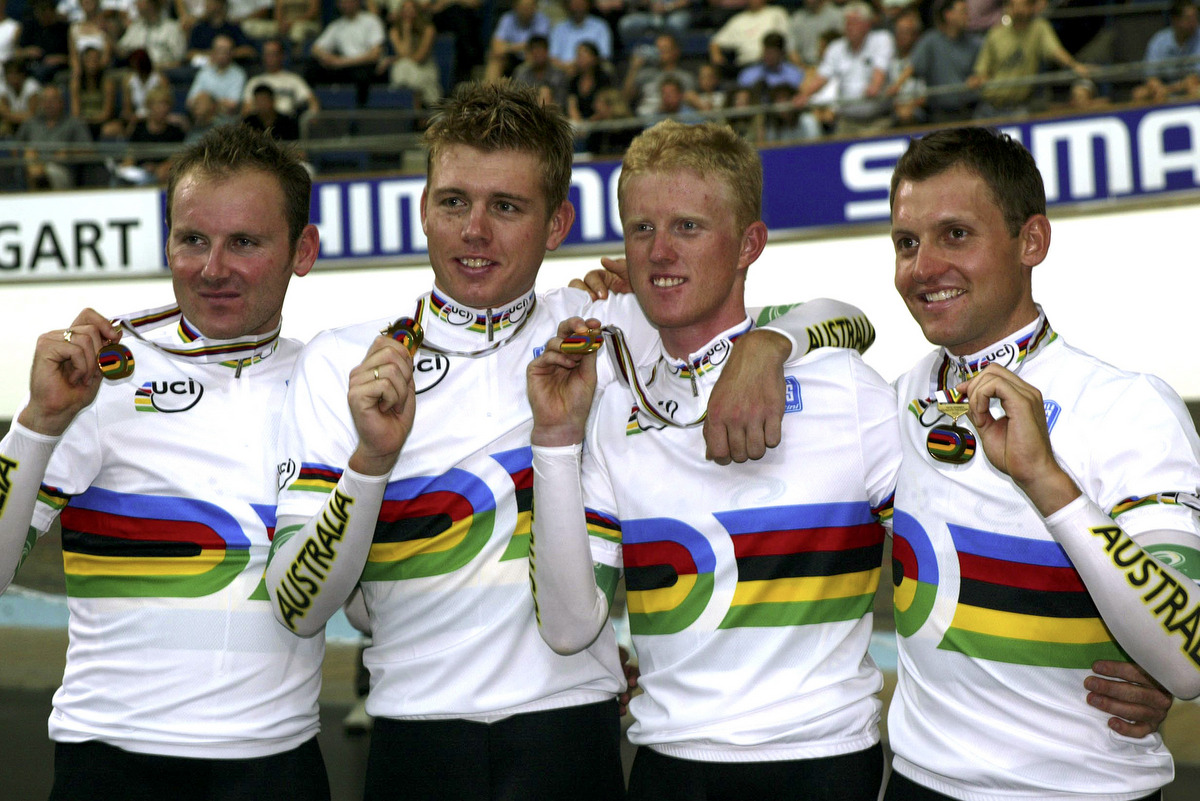
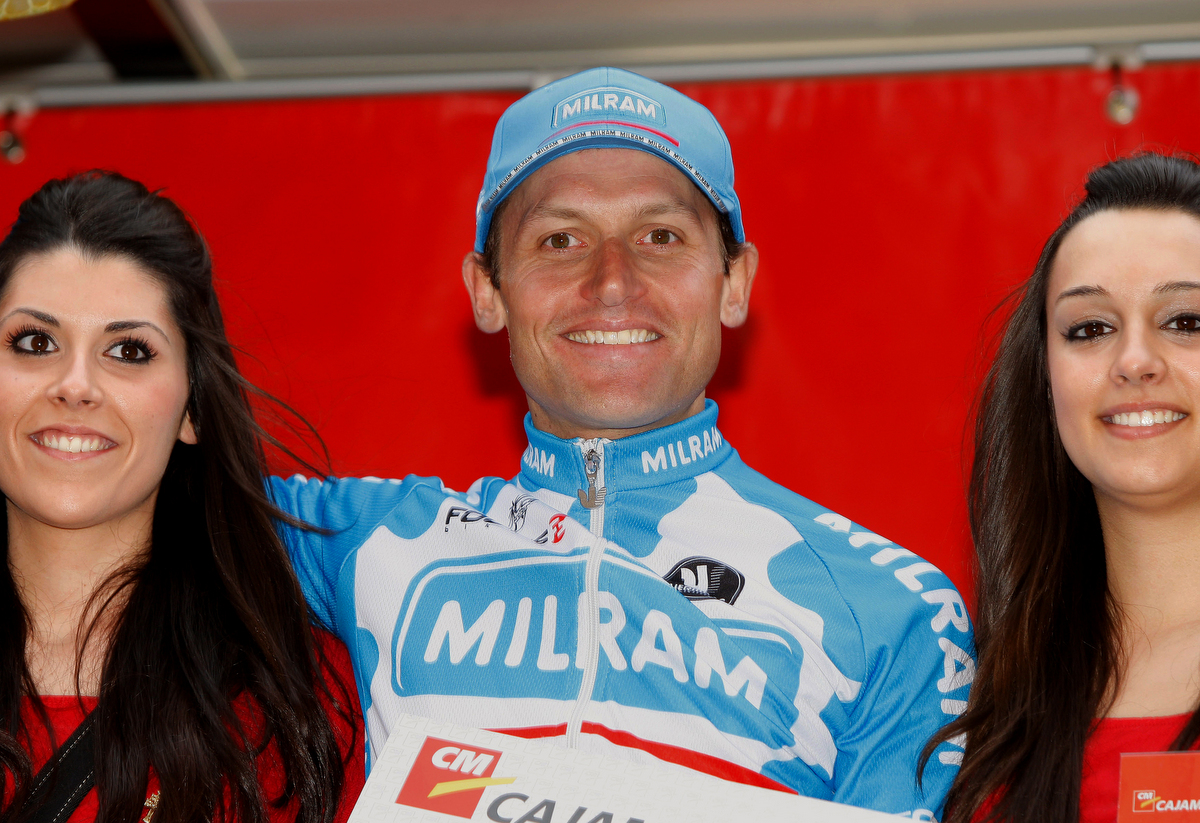
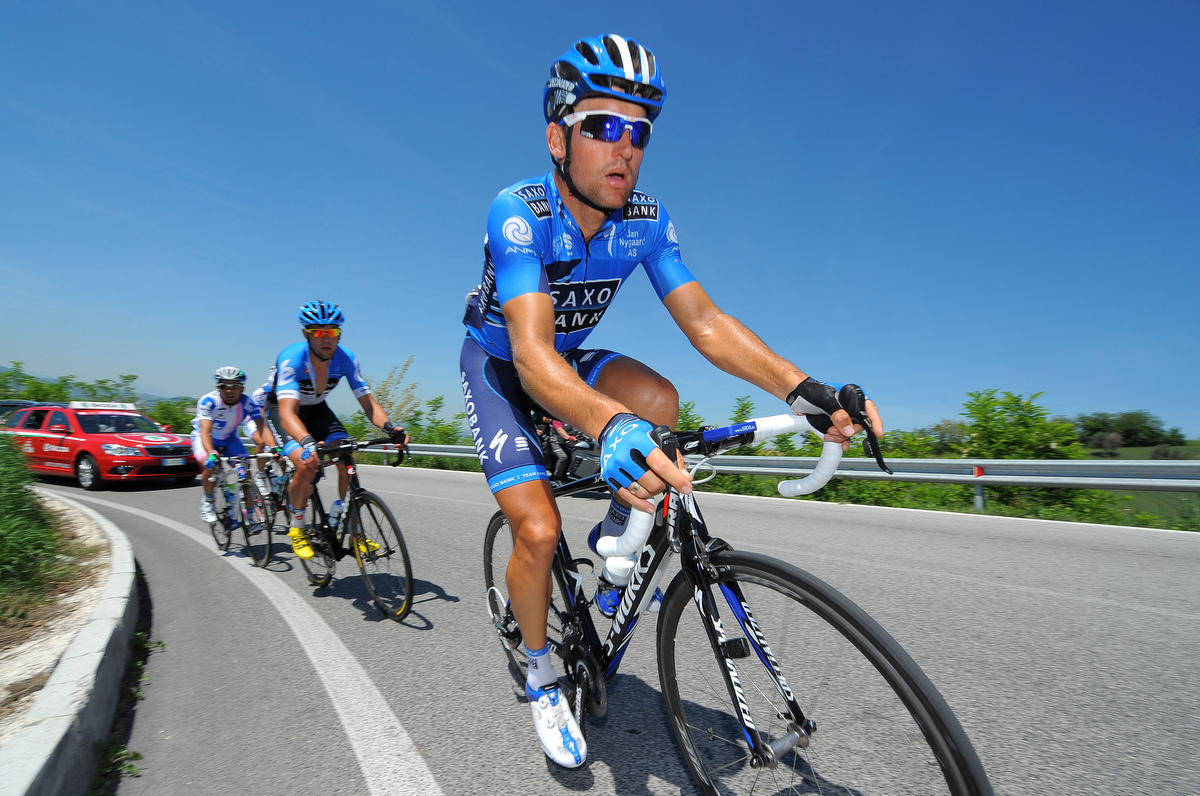
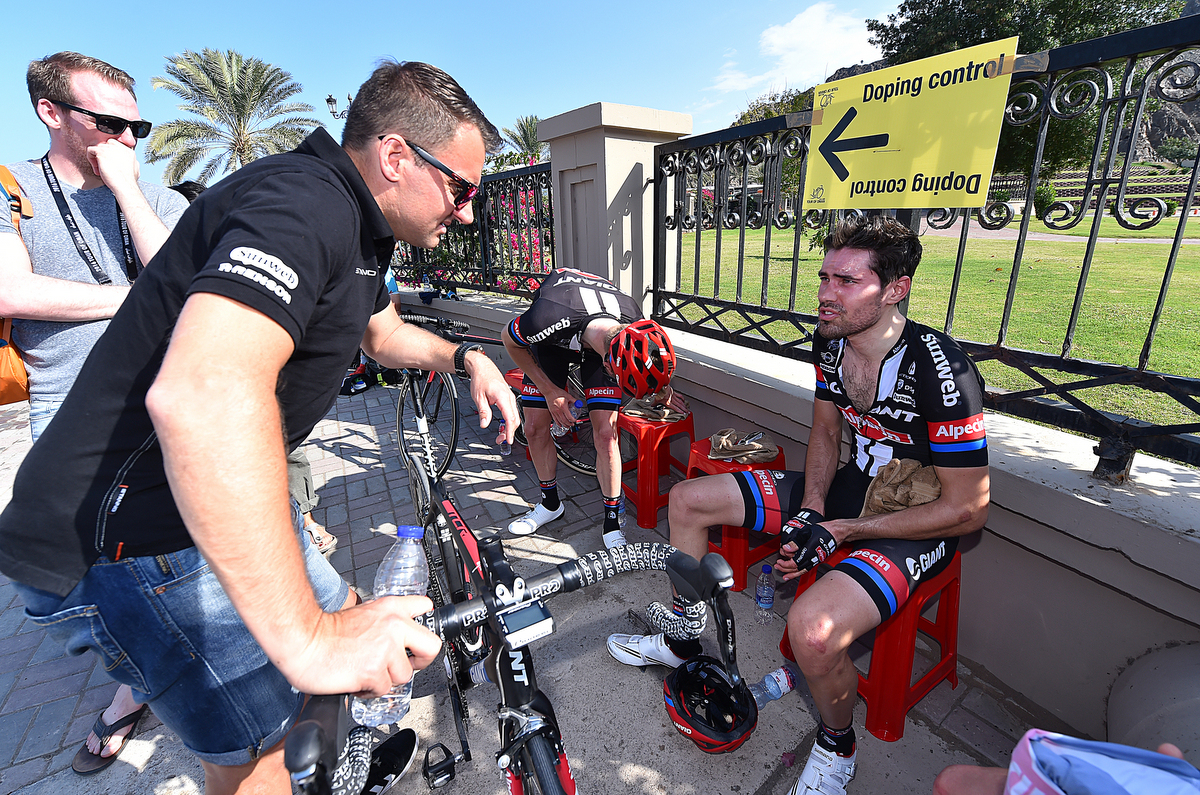
Unlike football where a manager can be a bigger star than his players, the directeur sportif role is largely unheralded in cycling. A Pep Guardiola or Jose Mourinho's coaching chops may be measured by the titles they've won, but the DS' in the peloton aren't ranked and rated by the Tour de France's they've planned and executed from behind the steering wheel.
Team Sunweb's 2017 season has arguably been its best to date with Giro d'Italia victory, four stages and two classifications at the Tour de France, and a team time trial world title. Instrumental to those results and the growth of the team has been Australian Luke Roberts. An Olympic gold medallist on the track, Roberts has become one of the most tactically intriguing directeur sportifs in the peloton.
Roberts cut his teeth in the team car with the Stolting, and Cult Energy teams prior to joining the Sunweb set up in 2016. When looking at teams in the WorldTour that he wanted to join, Roberts explained to Cyclingnews that Sunweb's commitment to a long-term plan ensured it was his first pick.
"That is one of the strengths of this team and also why I approached this team as my first choice to work with," Roberts told Cyclingnews. "I had throughout my own career instability with teams. I was involved with the Pegasus team, I had signed a contract there so I had quite some experience. When I was with Milram, the first year I was there they had some issues and then the second year it didn't continue. I looked for a team that had a slow progressive build up and wants to be around for a long time. They are always thinking about the future and making decisions now to help them be here for a long time. I guess it comes across obvious now, they are not shy about handing across three-year contract for riders. Which is not very common in this day and age. It also gives riders that sense of security knowing that the management is working for a long-term future."
Roberts also takes a long-term approach to his own coaching and directeur sportif role and assesses his own performances with the same analytical approach he does with his riders.
"Last year was my first season and I needed to find my feet within the team and get to know the riders. I did the Giro and the Vuelta last year and I was in a development stage in my own way of working," he explained. "This year again I've found that I keep taking steps in my own development as a coach or directeur sportif. At the beginning of the Giro, you have a new group and you try to bind that group and make a super team out of a group of bike riders that haven't necessarily done every race together or know each other 100 percent. We try to bind that group and create a good atmosphere and have them all fighting for that one goal."
Following his successful Grand Tour debut with the team at the Giro last year, when Tom Dumoulin won the opening stage and enjoyed a stint in pink, Roberts asserted his calm and confident style on Sunweb's tactics. Ahead of the 2017 Giro, Dumoulin was regarded an outsider for the win but considering the Dutchman's progression, he and the team went into the race without any pressure to perform.
The latest race content, interviews, features, reviews and expert buying guides, direct to your inbox!
While an accomplished road rider who rode four grand tours and 12 monuments in his career, Roberts made his name on the track. The 40-year-old was a key member of Australia's successful team pursuit squad of the early 2000s. The squad started its run with gold in the team pursuit at the 2002 Commonwealth Games before setting world records in winning rides at the world titles for the next three years. Roberts and his teammates then arrived at the 2004 Athens Games as red hot favourites for the gold medal.
"It is basically written in the press that we go to collect that gold medal as three years the world champions and every year a new world record. You know that it is less than four minutes and one small mistake will cost you the entire race," he reflected. "And not only yourself, but your three teammates there with you. To miss the start or just one change, one lapse of concentration and the whole thing can be blown in less than four minutes time."
Australia won the final, its first and only since 1984, to deliver on its favourite status. A four-year cycle with the difference between gold and silver coming down to a handful of seconds taught Roberts important lessons of dealing with pressure and maintaining high-level performance regardless. In comparison, the Giro is a three-week race held each year. The chance for redemption comes around every 12-months.
Although Dumoulin was surprising his rivals and the press with his commanding performance during the Giro, moments of the race's third week proved as testing as the build-up to Athens as Roberts described.
"I said during the Giro this year going into the third week when it started to look a realistic probability to win it, it was the first time I've had sweaty palms, on the steering wheel, since lining up in the Olympic final in Athens," he said.
"To sit back in a team car at a grand tour and watch a road race unfold, and perhaps get caught off with a tactic of a team or you end up in a situation and hear the riders over the radio in total panic, in those cases you realise you have time up your sleeve, you have those few seconds to think and make a rational decision and then react on it. It is something I definitely notice with what I can bring back to my riders to help to calm them down when I notice they start to panic and get under a lot of pressure in the race itself."
Tour de France success
Having pulled off the 'Italian Job' in May, Roberts' next assignment was his Tour de France debut in the team car. After the GC success with Dumoulin at the Giro, the aim for the French Grand Tour was slightly modest with a stage win for Michael Matthews.
The first week proved to be testing for the team with close calls, Warren Barguil's stage 9 photo finish exhibit a, but no wins were forthcoming. Staying calm and knowing there were still plenty of stages to come, Roberts explained the team never strayed from its goals.
"We went to the Tour with the goal to win a sprint stage with Michael or the more difficult sprint stages. Both the ones we highlighted as the favourite for him, he won. And the green jersey was something we wanted to keep an eye on from the beginning knowing that if we keep chipping away we wanted to be in that competition. We knew Sagan was going to be very difficult to beat but one year the door would open up and we wanted to be there ready for it. It paid off."
With Barguil also winning two stages and sealing the mountains classification, while Matthews won the points classification, Roberts and Sunweb allowed themselves a small reward but were more concerned with winning races.
"We all always have a glass of champagne. I am not a huge fan of champagne, I am a fan of winning bike races, the glasses of champagne were quite small," he said of the post-win ritual. "It was just a sip for the token gesture but the atmosphere at the end of that second week of the Tour, we enjoyed the success and celebrated it but we also knew there were more opportunities to come."
Planning for the future
For some for the 18 WorldTour teams, life in the peloton is consistently under threat from financial pressures which little option but to live from year-to-year. Or even month-to-month.
Sunweb's long-term vision sees team management and riders sit down at the end of the season and plot out the year's racing calendar to come. The ability to plan 12-months in advance for a minimum is crucial to Sunweb's success according to Roberts and ensures the riders have clear and concise guidelines for what is expected of them throughout the year. And when riders like Barguil at the Vuelta don't adhere to team rules, they will be pulled from the race.
"Which races they will have their chance as the team leader and which races they are expected to be a support rider and of all the top riders, they will all be expected to pay back that support they've had from the other leaders in other races," he said. "That's how we try to manage it from the beginning of the season and if a rider decides that he doesn't want to work within the agreements that we've made, as we've shown now, there will be consequences."
Planning and structuring the season ahead during the European winter also ensures there is less work at the races for the directeur sportifs as Roberts explains.
"The way we work at Sunweb we have a performance team that looks towards the entire season plan for each rider and when a sports director comes to a race, he is totally aware of the what the goal is that we are going there with, which which riders and the tactics on the way to that goal," he said. "We come to a race and implement what we have already been talking about the whole season. My job at the race is finishing off the last part of that process. Of course, to manage the riders in those cases and deal with the tactics from other teams or the situations you can land in that are unexpected, in the actual working towards a goal itself, it is a really big team effort."
While Roberts has played his role in Sunweb's Grand Tour success of 2017, he is just one cog in the machine. And he is already planning ahead for future success with the prospect of bettering the 2017 season an exciting prospect for the Australian.
"It doesn't make me nervous to think about what we may be able to do in future grand tours because looking back I know that if we just focus on each day as it comes, each race as it comes, each training day, each day of the race, and if the end result is what we hoped for, we know we did things well."
